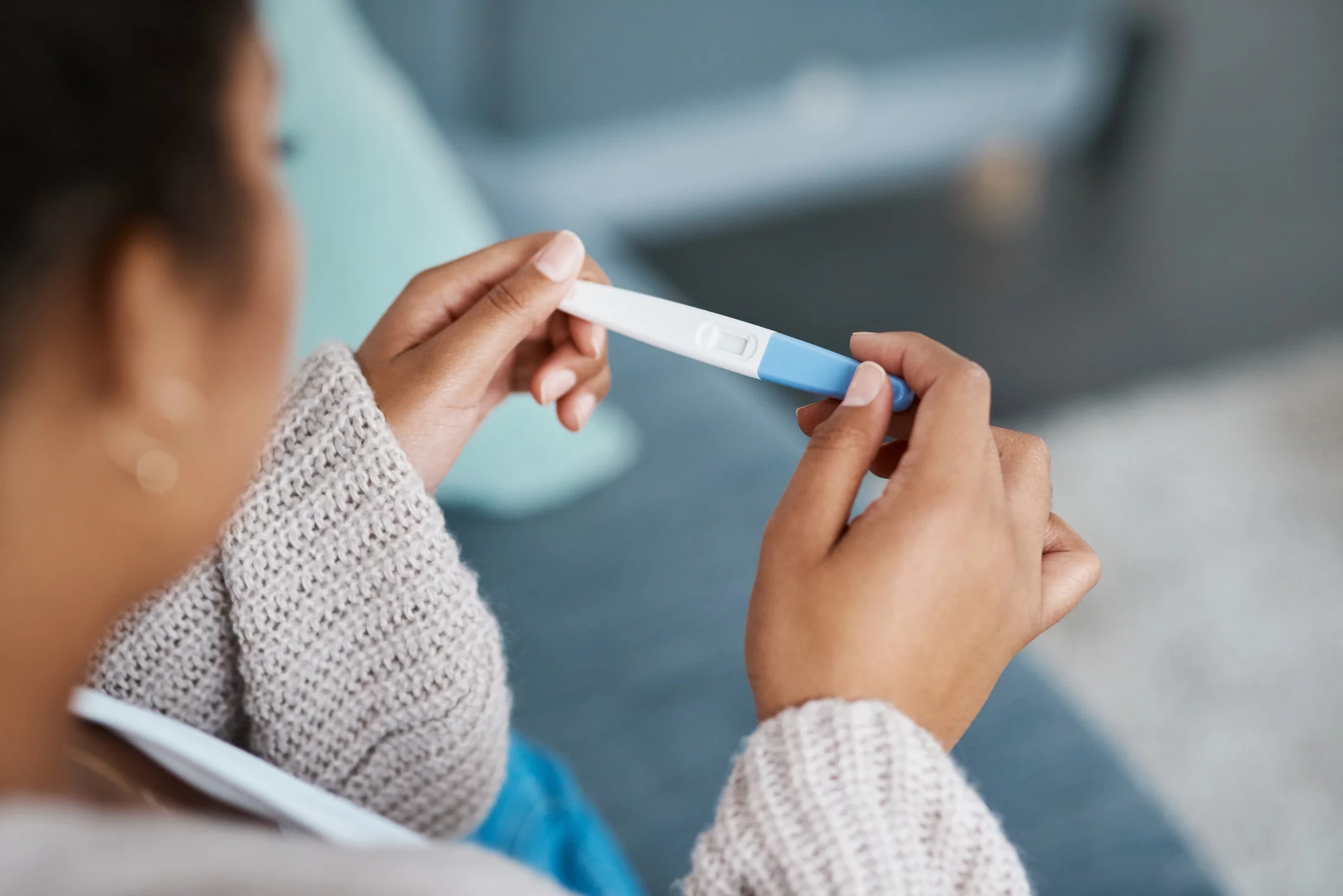June is Infertility Awareness Month – and when it comes to discussing fertility, your Ob/Gyn or women’s healthcare provider should be your first stop. He or she will make sure you’re on the right track and give you the best tools to optimize your chances of becoming pregnant. Depending on where you are in your journey, there may be a point where your Ob/Gyn may need to refer you out to a specialist.
Keep reading for tips on how to discuss your fertility with your Ob/Gyn, and to learn what an Ob/Gyn can help you with vs. a fertility specialist.
- “When it comes to a generalist approach to to fertility discussion, it’s mainly about education,” says Dr. Nithya Gopal, Director of Ob/Gyn at Viva Eve. “Most people don’t really know what it means to try to get pregnant. They think, well, we’ve been having unprotected sex for years, and it just hasn’t happened. And there’s a huge part of that, that adds to the conversation. But it’s also about talking about timed intercourse.”
Timed intercourse is recommended during the strategic days of the month leading up to ovulation (when an egg is released from one of your ovaries). Because a released egg only survives between 12-24 hours, front ending ovulation is crucial. Ideally you should be timing your intercourse so that you’re having unprotected sex in the three to five days leading up and into ovulation. - As you discuss pregnancy planning, ask your doctor to educate you on other factors that can positively contribute to conception, including prenatal supplements, lifestyle and dietary choices, and listening to your body when trying to determine when you’ll be ovulating. “We’re talking about breast soreness, increased cervical mucus, all of those little signs that tell you you are very likely going to be ovulating soon,” says Dr. Gopal.
- If you have an underlying hormonal disorder, such as PCOS, it’s especially important to consult your doctor. “Ovulation prediction kits are notoriously inaccurate in these cases. Because these women tend to always have high levels of LH (luteinizing hormone) in their urine, it leads to misleading results,” says Dr. Gopal. “They they could pee on that stick on day two, or they could pee on day 28, and it’ll come back positive every time.”
- If you’re listening to your doctor’s advice to a T and still experiencing difficulty getting pregnant, your doctor will likely begin doing a basic workup to determine the root of the cause. At Viva Eve, our workup includes:
- A transabdominal/transvaginal sonogram will be performed to assess the uterine cavity and ovaries
- Labs are collected for baseline health and to evaluate hormone levels on specific cycle days to assess ovarian reserve
- Saline infusion sonos and/or hysterosalpingograms are performed to evaluate the uterine cavity and fallopian tube patency
- Semen analysis is performed to rule out whether there are concerns around fertility related to the male factor
- Full genetic testing through the Genetic department at Mount Sinai West.
If you are a patient of our OB/GYN doctors you will have access to Mount Sinai West and the hospital’s state-of-the-art birthing facilities.
When any of those factors are abnormal, that’s when your healthcare provider will likely refer you to a specialist. “Whether it be fibroids, distorting the cavity or tubes that are blocked, or a semen analysis that does not meet all of the different parameters, then that’s when we have to send patients to a specialist,” says Dr. Gopal. “This usually involves either a fertility specialist or a urologist (If it’s a male factor problem).”
No matter what stage you are in your pregnancy, it helps to talk with a women’s health expert. If you’re interested in scheduling a fertility consultation with one of the providers at Viva Eve, book an appointment today.



